Latest
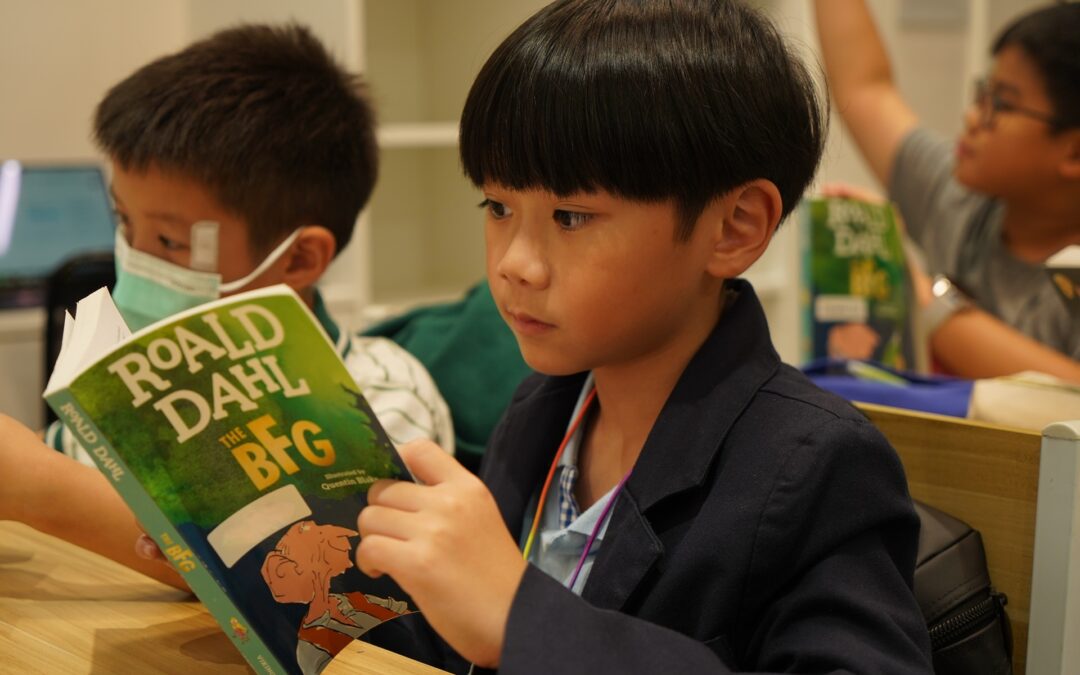
Reading comprehension level and Lexile
Sometimes we assess students at a lower reading level than parents expect. When this happens, the parent may take issue with our judgement and tell us that their child actually reads at such and such Lexile level. While we understand why parents want to rely on Lexile as a reference tool, we need to understand …
How to leave a comment on a Google document
We use Google Documents to share a general classroom blog with parents (so everyone can see class news and activities) and to inform parents directly about their child’s progress. We also know some parents may not be familiar with Google Docs, so here’s a clear, step-by-step guide for opening the document and leaving a comment on something the teacher wrote.
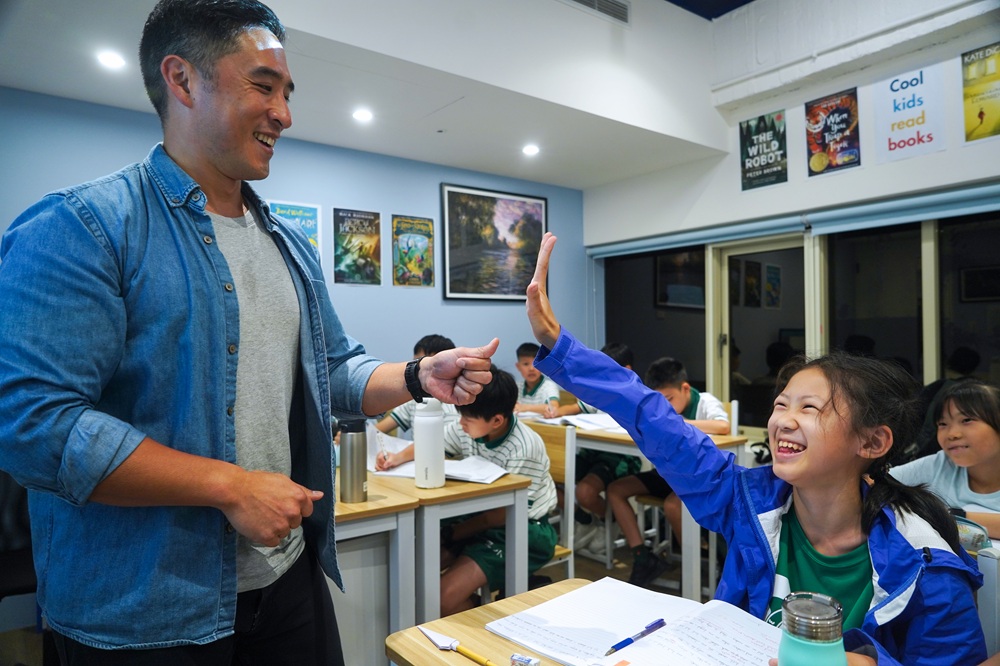
Why the stories we tell matter
If I, as a fluent English speaker, felt unseen in my textbooks, imagine how much harder it is for children learning English as a second language.
Academic Writing
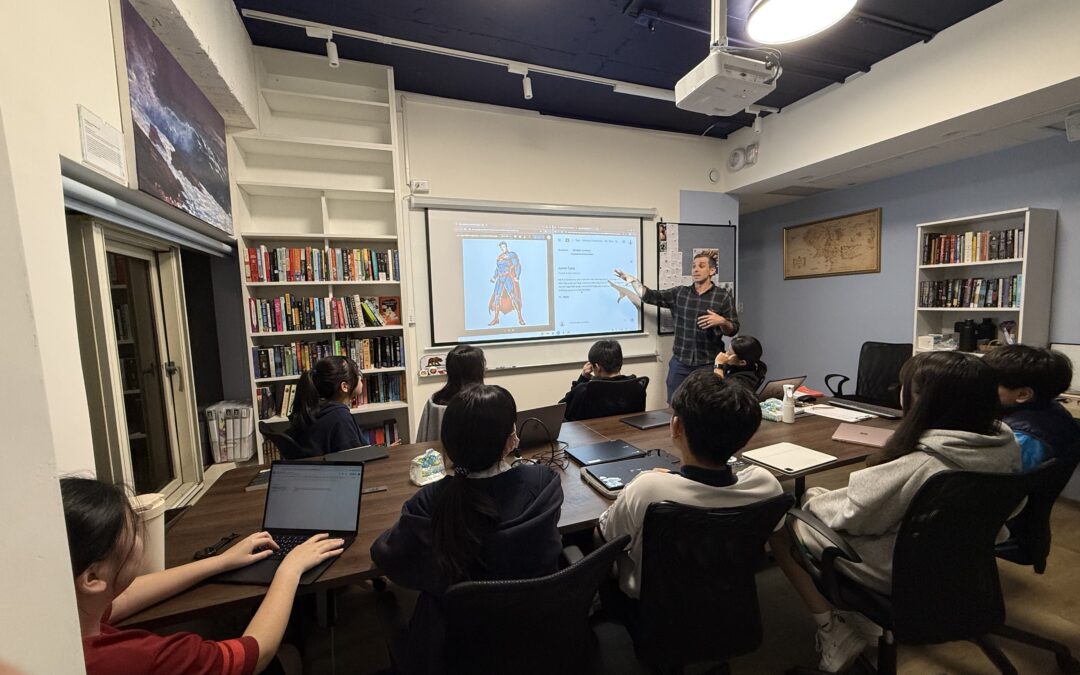
Writing, rewriting, and why we do it in the classroom
Last semester, a few parents decided to remove their kids from class about halfway through the term. The parents argued their children were doing too much work during class time — specifically drafting their writing tasks as well as redrafting them after I had edited them … To them, this was evidence of a lack of learning. This couldn’t be further from the truth.
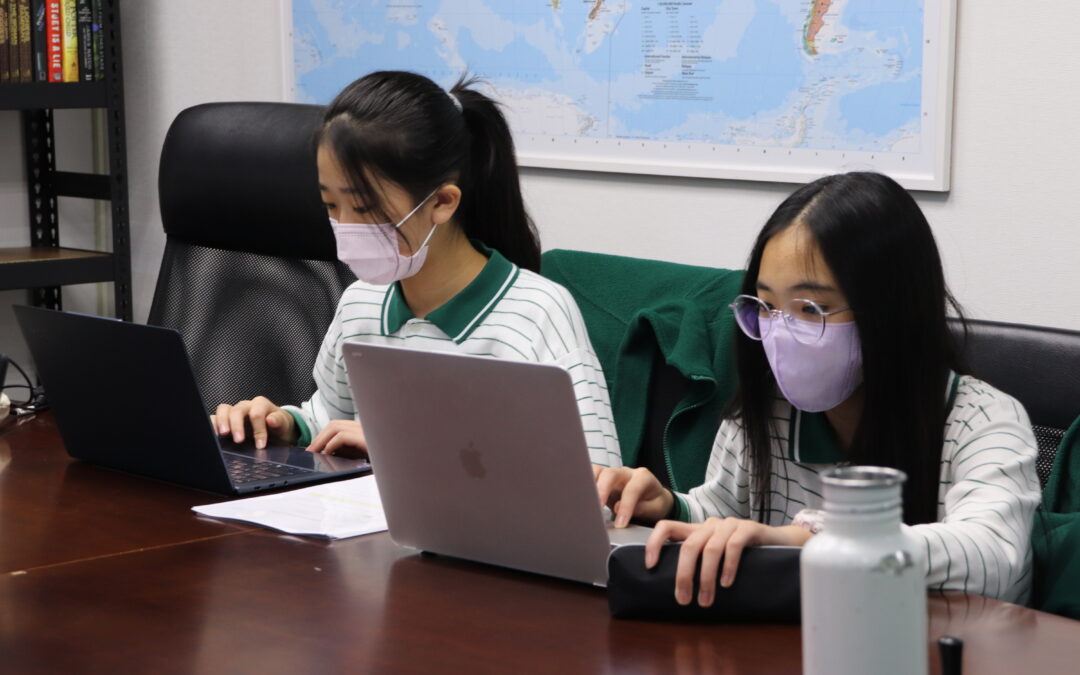
English as a Second Language vs English Language Arts vs Academic Writing
We get a lot of parents who are sticklers for grammar and vocabulary practice, and the fact we don’t emphasize these mainstays of traditional English learning can be confusing for people who learned this way. However, English class as it was done in the past isn’t particularly effective. What is the purpose of knowing all the rules of grammar if you don’t understand when and why to employ them in speaking or writing? How is having memorized list after list of vocabulary helpful when you don’t understand connotation or how to use words in a given context?
With this article, we hope to clear up the differences between types of English learning to help parents make more informed decisions as to what their students need.
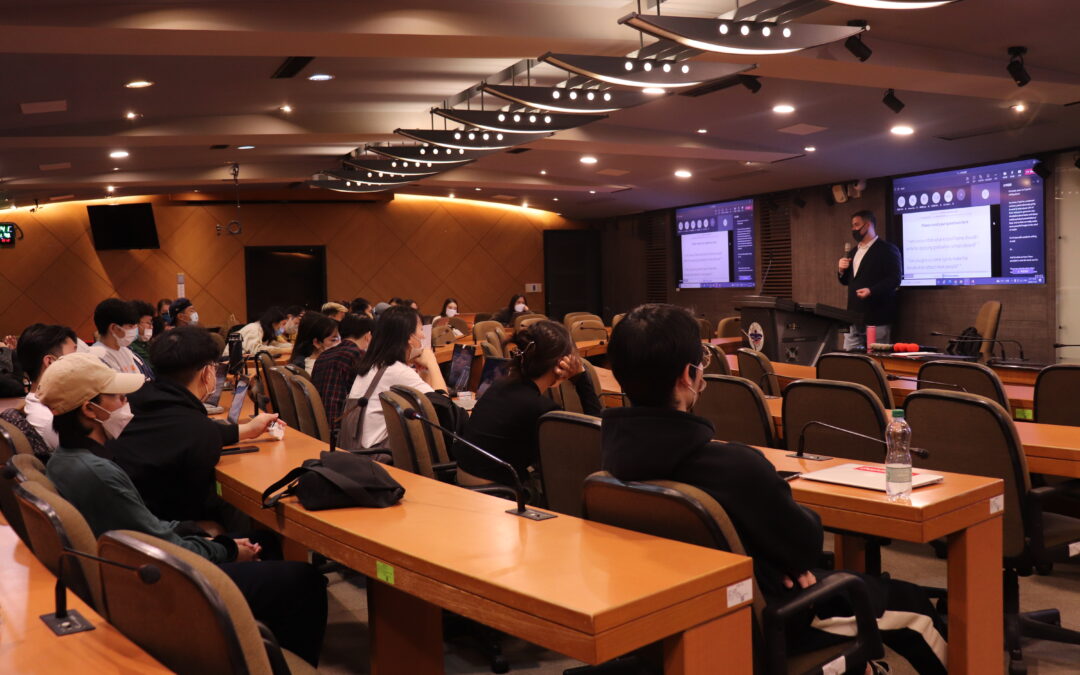
How students improve at Englist
Englist helps students not only gain proficiency and confidence in English-language academic settings, but also ensures students possess the complex and sometimes hard-to-identify skills required for success in an increasingly global world. Here is how we do it.
Elementary Fundamentals

Reading comprehension level and Lexile
Sometimes we assess students at a lower reading level than parents expect. When this happens, the parent may take issue with our judgement and tell us that their child actually reads at such and such Lexile level. While we understand why parents want to rely on Lexile as a reference tool, we need to understand …
How to leave a comment on a Google document
We use Google Documents to share a general classroom blog with parents (so everyone can see class news and activities) and to inform parents directly about their child’s progress. We also know some parents may not be familiar with Google Docs, so here’s a clear, step-by-step guide for opening the document and leaving a comment on something the teacher wrote.

Why the stories we tell matter
If I, as a fluent English speaker, felt unseen in my textbooks, imagine how much harder it is for children learning English as a second language.
College Applications

5 reasons to take Englist’s “Critical Thinking and Citizenship” class
Addressing injustice and encouraging positive citizenship are major goals of education. Therefore, students should learn how to critically examine instances of injustice in their world and lives, develop the skills to address these issues, and develop confidence to engage in democratic and political processes as adults.
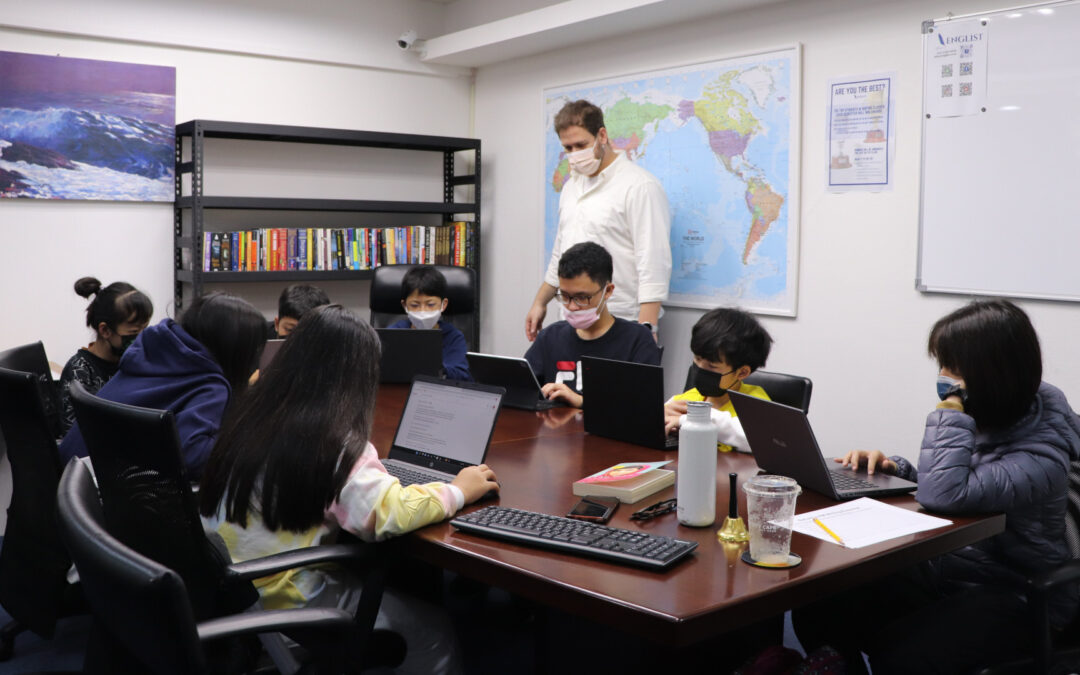
What is writing? And why do we write?
Writing is important, and once you realize what it is for, it is fun. But more than just fun, writing is a powerful tool and it will train you to do the most fundamental thing human beings do. That is because: …

3 common types of academic writing
Those who don’t have a good grasp of writing structure and who have never learned how to properly analyze and organize their thoughts tend to fail when they try to write on their own. Even if they have a large English vocabulary and are proficient in English grammar, they find it extremely difficult to write English academic essays that will be logical and well constructed to the end reader.